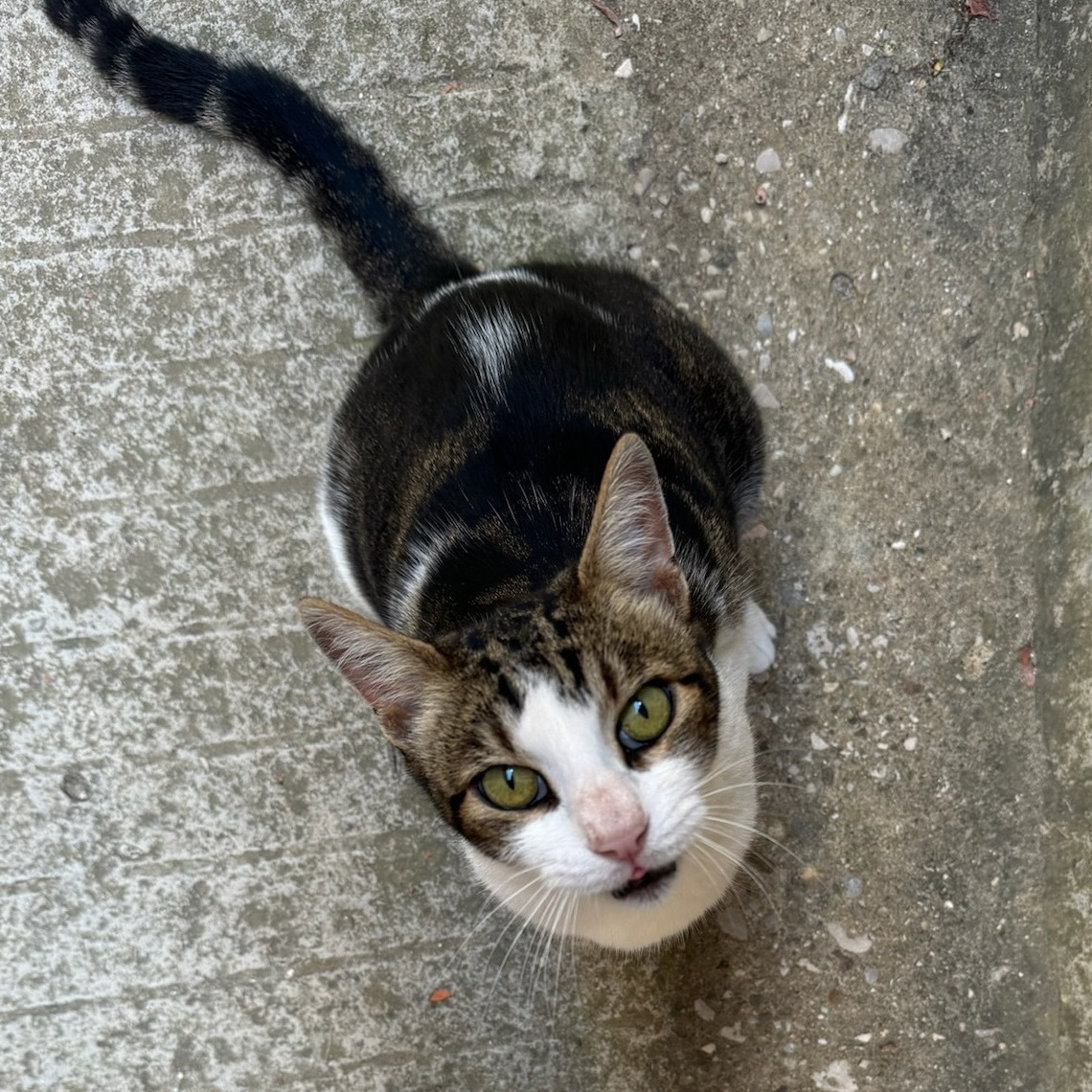Regardless of whether I call it a budget binder, envelope system or cash stuffing, the core motivation is a good one. Zuke points out that Americans tend to under-save in general — some 37% of people say they can't afford an unexpected expense over $400 — and this can be a remedy.
“Anything that encourages saving behavior, even if that's a really beautiful binder you just love, is good in and of itself,” he says.
It can also help me be more intentional about spending. By breaking my expenses into hyper-specific categories and assigning each dollar a purpose, I’m less likely to waste that money on random impulse purchases.
Zuke was particularly heartened by the budget binder videos that showed folks having a “Christmas” envelope. Every January, he says, his clients admit they’ve been blown off course by the holidays — when in reality, the holidays happen at the same time every year. They just need to plan better.
In this sense, budget binders can be a smart “temporary mindfulness exercise,” Malani says. If my credit card bills are out of control or I’m spending recklessly, drilling down and reviewing my cash flow can definitely help me reset.
“A cash-based budgeting system is certainly better than no system at all,” she adds. But it’s not necessarily a great long-term approach.
In the past, Malani says, the cash envelope method worked well for folks because they didn’t have choices. We were a cash-based society; this strategy “rose to the top because it was the only option,” she says.
In the year 2024, however, we have alternatives.
By keeping my money in cash in a binder (or envelope), I’m missing out on Federal Deposit Insurance Corporation insurance, or FDIC insurance, which protects up to $250,000 per depositor, per bank, per account type, in the event of a collapse. There’s no insurance on a binder — I could lose it, someone could steal it, etc.
I’m also forgoing any rewards I might accrue if I were spending via credit card instead. Credit cards offer a slew of their own protections, as well, including the ability to dispute charges and shield me from liability in case of fraud.
If I’m using budget binders for long-term savings goals, like some of the creators on TikTok, I’m not earning interest, either. Zuke points out that this is a particularly big mistake right now, when interest rates on high-yield savings accounts are higher than normal due to the economic environment.


![[Stuffing several cats back into my pocket] Oh, you said CASH only? Who the hell carries cash anymore](https://library.iterable.com/2229/10161/b008c340f87c4d7da139ede7ec54c8a1-screenshot-2024-08-27-at-12.png)



